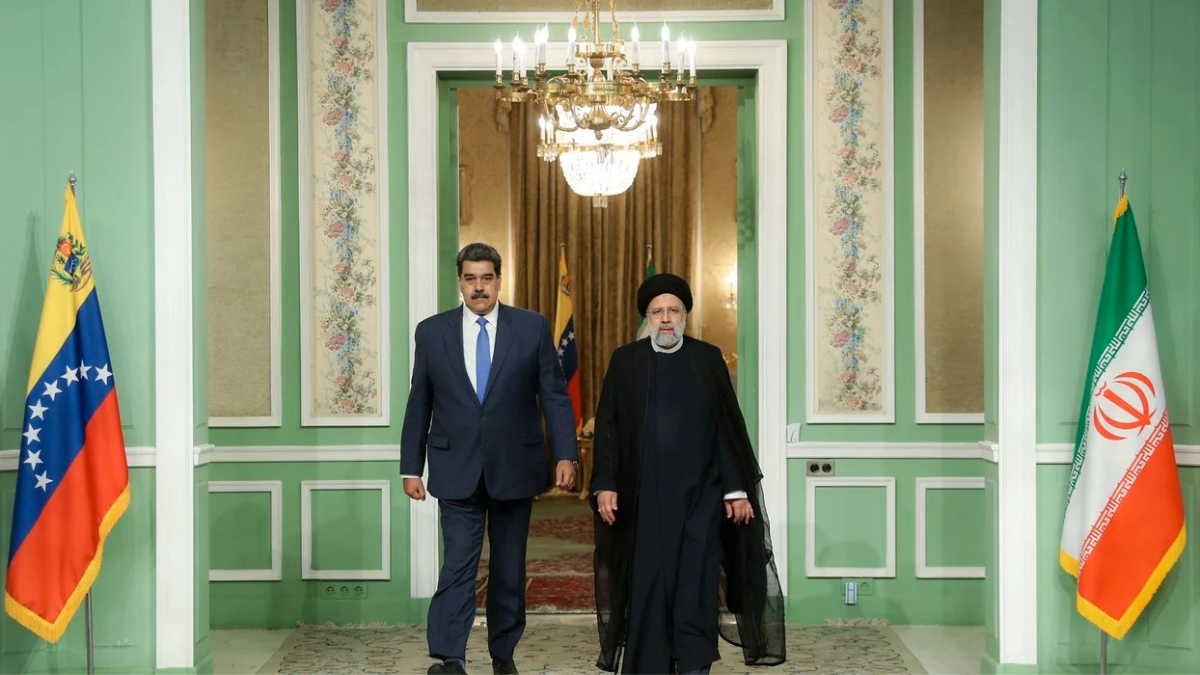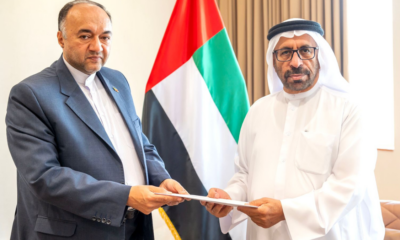Arriving in Tehran on Friday after a five-day tour of Latin America, Iranian President Ebrahim Raisi said his country has signed a number of cooperation agreements with Venezuela, Nicaragua, and Cuba in the fields of mining, reactors, and others.
Five contracts worth $5 billion were signed in the knowledge sectors, Raisi clarified. He announced the formation of a special working group for Latin American countries, appointing its members in preparation for commencing its work.
The leader highlighted “opposing imperialism” as a common denominator between Iran and the Latin American states. He left for Tehran from the Cuban capital of Havana on Thursday evening, bringing an end to his trip.
Developing Iran’s Ties With Latin America
Raisi said his Latin American tour followed an invitation from the presidents of the three countries, stressing the visit offered an opportunity to further develop Tehran’s ties with them. Also, check out Iran’s new hypersonic missile ‘Fattah’ .
The last time an Iranian official went on an official trip to Latin America was in February when Foreign Minister Hossein Amir-Abdollahian visited Venezuela and Nicaragua.
This time, the Iranian president met with several senior officials of the corresponding countries and held discussions with a group of scientists, academics, and businessmen.
Diversify International Relations
The trip aimed to develop Iran’s ties with them, while increasing the level of interaction and bolstering common relations.
ALSO READ: MBS meets Macron: Bilateral relations, regional issues and energy to dominate agenda
The Middle Eastern country is seeking to develop ties with the Latin American States within the framework of its policy planning to diversify international relations, which comes in line with its efforts to improve ties with regional countries under the title of “neighborhood policy”.
Before touring Latin America, Raisi had described Tehran’s relations with Cuba, Nicaragua and Venezuela as strategic, underscoring their stance against the world’s “hegemonic system and unilateralism”.
















